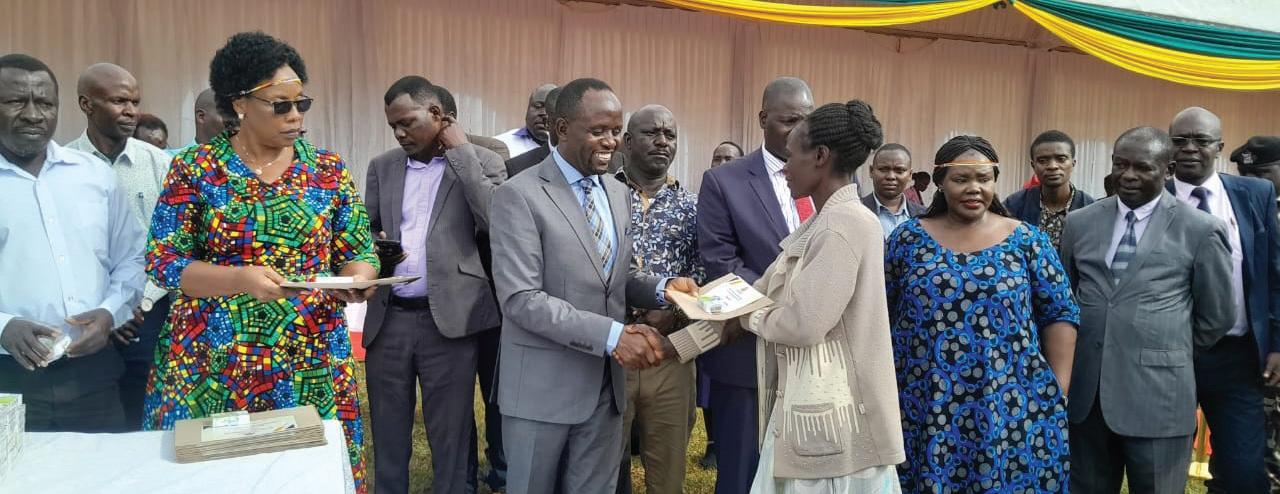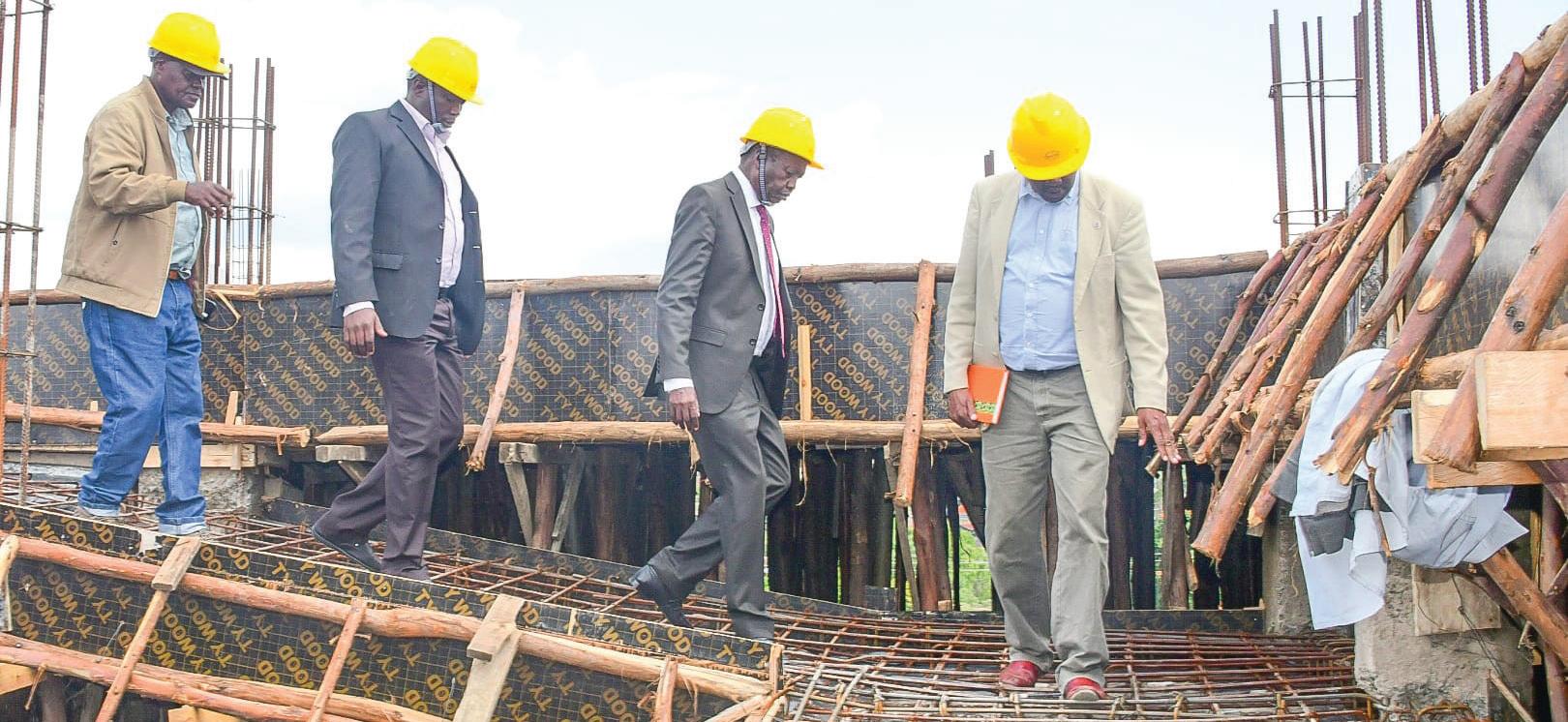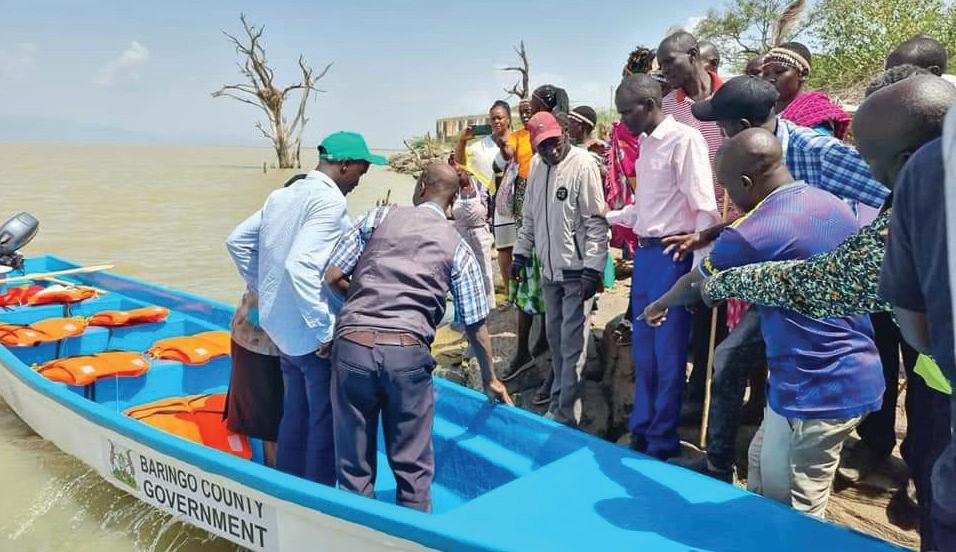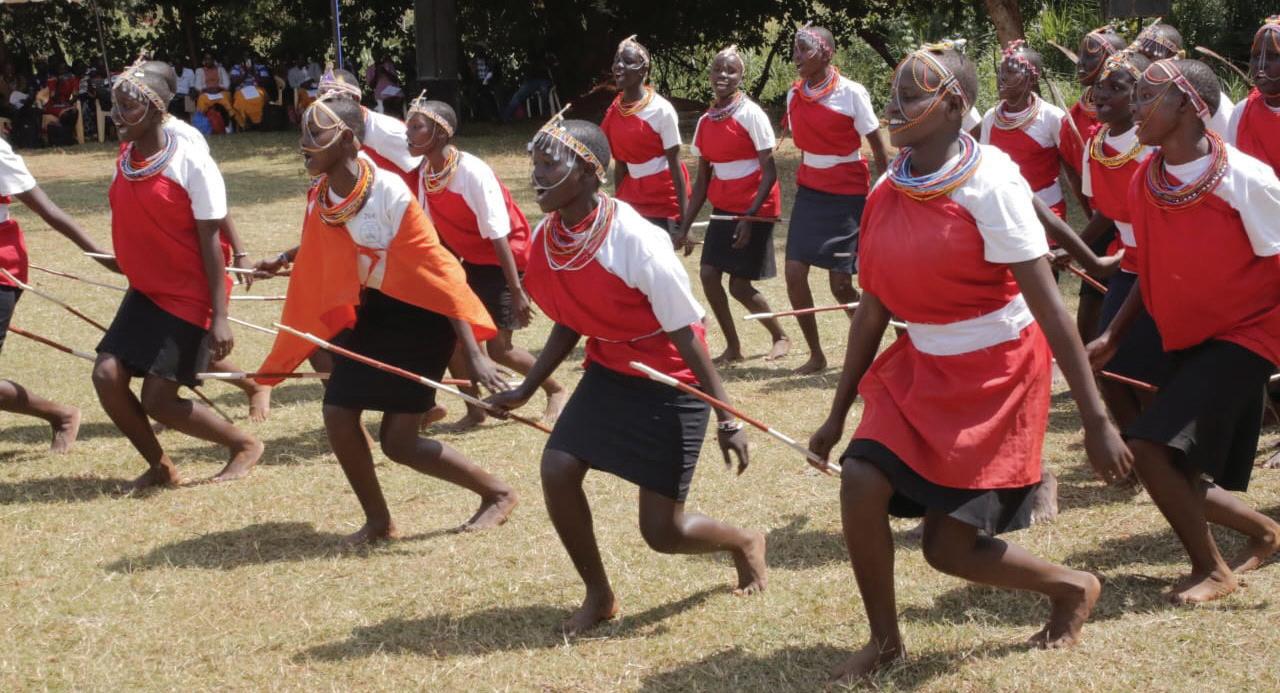
3 minute read
Religious leaders, Stakeholders set standards for worship sanctuaries to tame cultism
BY BENSON KELIO
Religious leaders who wish to register their places of worship have been asked to first undergo theology training.
Advertisement
The call was made by stakeholders in Baringo who argued that it was one way to protect the society from rogue clergy offering misleading teachings like the deadly incident of Shakahola in Kilifi which claimed lives of hundreds of locals.
Speaking during a public participation forum by Presidential taskforce on review of the Legal and Regulatory framework governing religious organizations at Kenya School of Government, Baringo Campus they noted that it was important for government and their respective umbrella bodies to know their operations for accountability purposes.
Full Gospel Churches of Kenya Baringo region Bishop Joshua Cheptarus lamented that there are a few individuals misusing religion to a point it is slowly losing trust.
He called for regulation of all religious organizations in the country in order to weed those teaching unsound doctrines.
“Any church which is not registered should be closed immediately and the owners should explain to the authorities why they are doing so without their authorization,” Bishop Cheptarus said.
The public participation forum was presided over by Bishop Mark Karuiki. However implementation of the process has already kicked off in parts of North Rift and entire Rift Valley region.
Baringo Churches representative Peter Keitany acknowledged that there are gaps in religious organizations which have allowed few individuals to exploit their members.
Keitany stated that the mess came about after the government suspended registration of churches therefore occasioning other individuals to start illegal churches countrywide.
“There are umbrella bodies but they don’t have a structured relationship with the government making it very hard to implement the right policies,” he said.
His sentiments were supported by Supreme Council of Kenya
Muslims (SUPKEM) chairman for Baringo County Abubakar Bilal who noted that the move to regulate religious organizations should have come earlier before the mass killings in Shakahola, Kilifi County.
Bilal said that from the incident and others which are yet to be unearthed, there is need for all religious heads to be vetted to know if they are preaching sound doctrines.
Deliverance Church North Rift Region Overseer Reverend Isaac Mutai pointed out that some of the pastors who are opening new churches have no education backgrounds yet they are commercializing the institution which is wrong.
Mutai recommended the minimum academic qualification for religious leaders should be the level of diploma but those who actually have the calling from God and with evidence from their overseers can be allowed to pursue at least a certificate so that they can conduct their daily activities without any challenge.
John Barasa who represented advocates called for self-regulation of religious organizations under their umbrella bodies and urged them to be given judicial powers since he says they play a crucial role in solving societal cases which could have increased backlog in the courts.
He however recommended that whenever an organization is registered, it should stick to its respective constitutions which should be thoroughly explained to its members for them to understand.
Media and civil organization suggested that the regulated institutions should be audited on regular basis to prevent them from instances where their top leaders acquire huge unaccounted wealth within a short time at the expense of its members.
“Religious organizations must be regulated in a way that they can embark on Corporate Social responsibility activities in giving back to the society,” Festus Kipchumba, a Freelance Journalist weighed in.
Sauti ya Kanisa Baringo coordinator Evangelist Nicholas Batai who is a retired KDF official said all religious organizations must be guided by their respective umbrella bodies and observe their laws as well as the constitution of Kenya.
Evangelist Robert Tarus in his opinion said all Chaplains countrywide should sit down with officials from Kenya Institute of Curriculum Development (KICD) and come up with a standardized education model to support the younger generation in order to deal with extremism.
“Our Children need to have a strong foundation right from when they join school and from a curriculum that is standardized so that we can deal with extremism in the whole country,” he said.
Bishop Karuki appreciated the stakeholders for giving their varied views saying they will come up with a comprehensive regulation which will represent the true face of the country.
Prof Musili Wambua who accompanied his team leader said the Baringo chapter was able to tackle all the questions asked in the report adding that they will need to look into the most commented issues and also a borrow leaf from other countries on best regulation practices so that they can compare before coming up with the final report.









